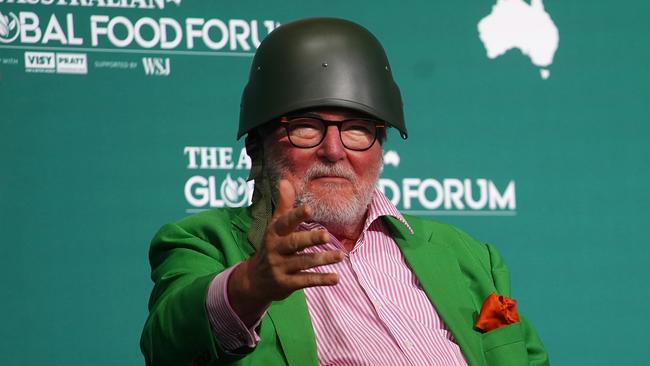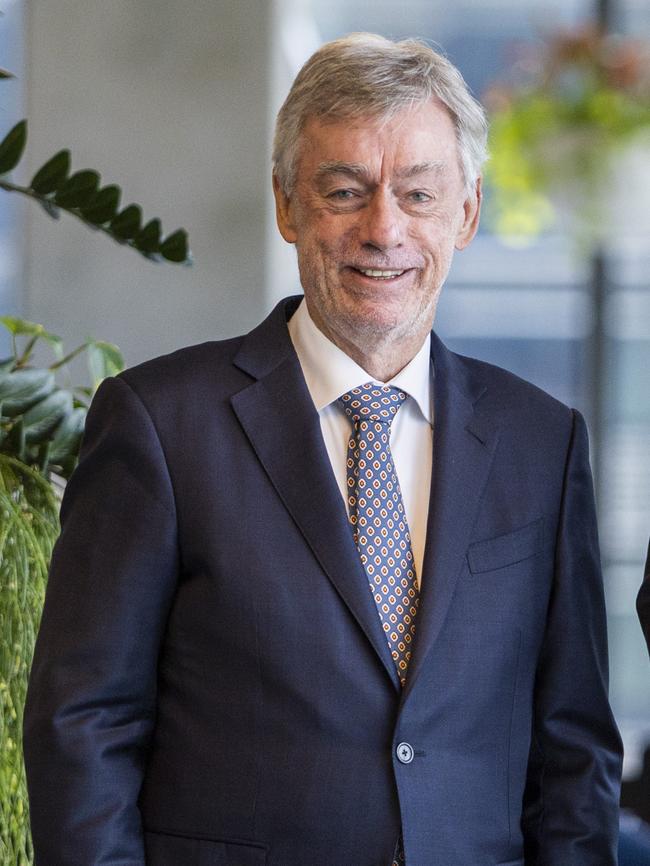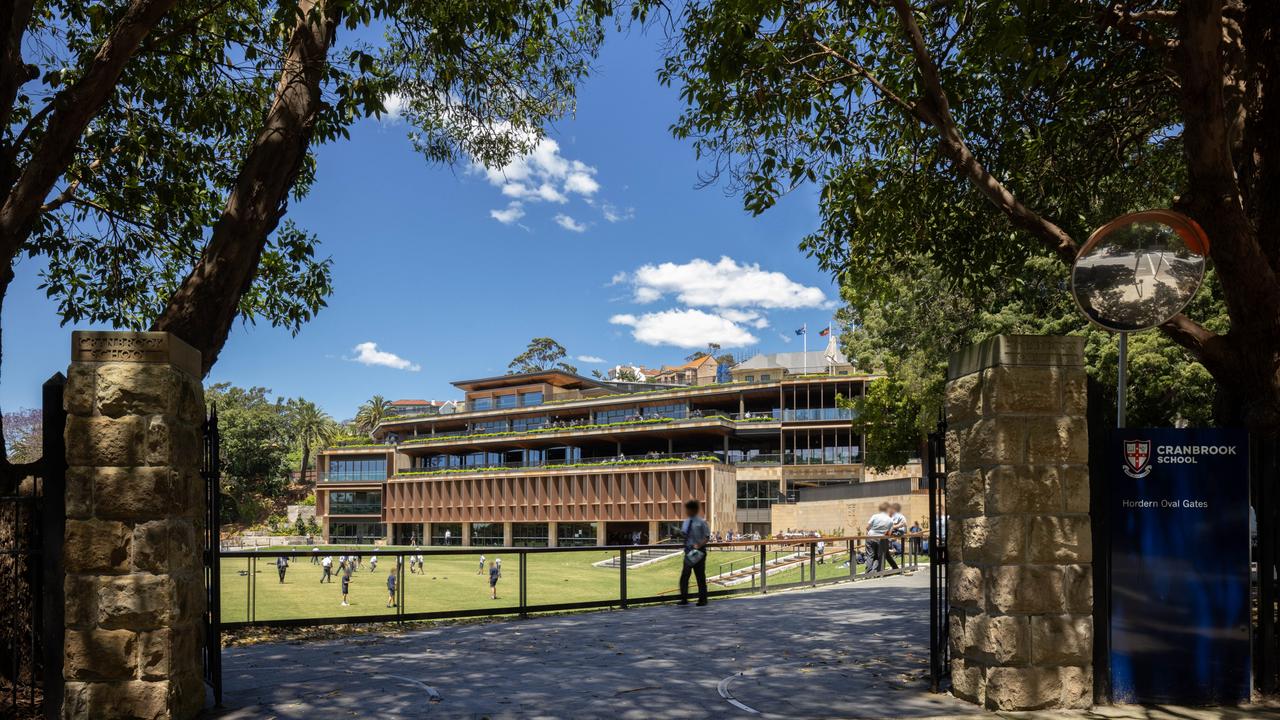PolyNovo a little fast and loose with its ASX facts; Gupta’s mail order

Embattled biotech PolyNovo this month announced to the market that it was setting the record straight over a crisis playing out between its colourful chair, David Williams, and Florida-based CEO Swami Raote.
Investors had been reading for days about a breakdown in their working relationship, courtesy of this column, including allegations that Raote and fellow PolyNovo executives had lodged complaints against Williams over his distinctive management style.
So alarmed was PolyNovo with the substance of the accusations that it engaged barristers Philip Crutchfield KC and Katherine Brazenor to inquire into Williams’ conduct. The board accepted their recommendation that Williams step down as chair, moving quickly to offer the job to former Westpac chair Lindsay Maxsted.
But this was all omitted from PolyNovo’s March 7 announcement to the ASX, which said on Maxsted that he advised the board on “specific governance matters” and not that the board practically begged him to take the job as chair – or that he declined the offer. We know because we have it in writing.
Nor did the announcement mention anything about Crutchfield and Brazenor recommending that Williams step down. Instead, the company soothed the market by claiming the barristers merely gave advice “as to the ongoing working arrangements and professional relations between the chair and management”.
And not done with BSing its shareholders, the company went on to say that search firm Spencer Stuart was assisting with “succession planning” across the entire board, including the chair, while neglecting to mention the firm had been retained specifically to solve the problem of Williams, and that this search was ongoing.
Proving these omissions was always going to be tricky, but the tortured efforts to replace Williams were all helpfully laid out in an email sent by PolyNovo director Andrew Lumsden to Raote on February 19, which we’ve obtained.

“Philip and Katherine made inquiries into the matters raised by you (including by engaging in discussions with you, other senior employees and David), and then made recommendations about PolyNovo’s response to the issues that had been raised,” Lumsden wrote, copying in PolyNovo’s general counsel Lior Harel and board members Christine Emmanuel-Donnelly, Robyn Elliott and Leon Hoare.
“That included David stepping aside as chair. The board accepted that recommendation and it is undertaking a transition process in that regard. I have already explained the complexity associated with replacing David as chair in our previous emails and discussions.”
Six weeks on since that email was sent, Raote has been dumped as CEO while Williams remains chair of the biotech thanks to the “complexity” involved in getting rid of him. It’s laughable.
PolyNovo literally chucked the job like some sort of mewling baby at a single corporate leader who happened to be standing nearby – Maxsted – and when he didn’t want a bar of it, that just about exhausted the company’s array of bright ideas for what to do next.
As Lumsden explained: “This initially involved the board proposing to Lindsay that he undertake the chair role with David agreeing to step aside from that role. As Lindsay declined the chair role, and as shared with you previously, the board requested proposals from both Spencer Stuart and ZRG Partners to undertake a board structure and skills assessment followed by a search for a chair, a replacement for (retired director and Gumtree Australia chair) Bruce Rathie and perhaps other positions.”
Again, none of the crisis playing out in replacing Williams was mentioned in PolyNovo’s specious statement to the market, because doing so would have killed the effort to massage a pacifying narrative on to shareholders: that despite an investigation and engagement of two independent barristers and plausible issues of conduct with the chair ... all was still milk and honey at the listed company.
PolyNovo even said so itself: “The board is confident that the actions it has taken ... have appropriately addressed the various matters raised, to ensure a positive, safe and inclusive workplace for all our staff.” Yes, and Raote, the CEO, lost his job four days later.
But not before writing to Lumsden and warning him that Williams had “created a “psycho-logically hostile environment at work and beyond” which was “interfering with management’s ability to create value in the interest of all PNV shareholders”.
Lumsden replied: “I do not agree with your comments about ongoing risk to the health and safety of management team members,” and then, rather comically, he volunteered another alleged incident that occurred two months after the investigation had concluded into Williams’ conduct.
We don’t know precisely what happened, but Lumsden’s account suggests it was bad enough for Williams to offer a full-throated apology to Raote. It must have been serious if he was willing to bow that deeply.
“I understand that David has provided you with a written apology and offered you the opportunity for David to share his apology with the rest of the management team,” Lumsden said.
PolyNovo’s misdirection of this saga to the ASX, coupled with Lumsden’s dismissal of Raote’s grievances – weeks before he was sacked – deserve a hallowed place in the annals of corporate gaslighting. Although we did put these inconsistencies to Lumsden and Williams. They didn’t reply. YB
Addressing an issue
Is a misdirected mail problem the reason that creditors of Sanjeev Gupta’s GFG Alliance can’t get paid? Probably not, but it’s as good a theory as any.
In another snippet from the weird world of Gupta, the flailing metals magnate is tidying up an important administrative issue facing his plethora of UK-registered companies.
Sadly, we’re not talking about the long overdue filing of accounts for the group, currently the subject of regulatory action in the UK and of substantial interest to creditors of Gupta’s GFG Alliance across the globe.
Instead Gupta has flooded Britain’s Companies House with correspondence asking for a change of address for a vast array of GFG firms.
Actually, it’s not even quite that, because their address remains the same.
But anyone wanting to write to GFG companies should no longer address their correspondence courtesy of Marble Power, but instead write to Mr Gupta courtesy of Liberty Speciality Steel. At the same address – 1st Floor, 3 More London Place, London SE1 2RE, United Kingdom.
Marble Power does much of its business with GFG, according to its last set of accounts – filed to the end of April 2023 – but the company’s own records show it’s not actually controlled by Gupta himself. It is instead controlled by Parduman Gupta, Sanjeev’s father.
Curiously enough, those same set of accounts – among the most recent filed by any member of the GFG group – suggest Marble Power has a completely different registered office and mailing address. NE
Comprehensive KO
If you were a heavyweight boxer with a record of 40 losses and three wins, you’d imagine your friends and family might be urging you to retire. But in the legal world Clive Palmer keeps boxing on with ASIC, despite chalking up his 40th court loss to the regulator this week.
That’s Margin Call’s count, at any rate – it’s possible we’ve lost track of some of the myriad cases involving Palmer and the corporate watchdog since we ran a tally late last year.
Most relate to ASIC’s prosecution of the Queensland businessman for alleged breaches of the takeovers code when trying to buy out timeshare investors in his Coolum Resort in Queensland.

A separate set of charges, first laid in 2020, alleged Palmer dishonestly used his position as a director when funding the Palmer United Party’s campaign during the 2013 federal election.
In this week’s instance it wasn’t directly an ASIC matter, but a win for former chairman James Shipton, being sued by Palmer for alleged malfeasance in public office. The allegation, broadly, was that ASIC and Shipton had some kind of cosy relationship with the timeshare holders in Coolum, because the regulator had listened to their complaints, investigated them and then acted against Palmer.
The result? As comprehensive as it would have been if Mike Tyson had duked it out with Jake Paul at the peak of his career, rather than when Tyson was an old man.
Justice Stewart Anderson summarily dismissed the case on Friday, ruling there was “no reasonable prospect’ of Palmer succeeding, and rubbing out Palmer’s application to try to amend his pleadings for the fourth time.
Of course, as with all great boxing rivalries, there’s still the opportunity for a rematch and Palmer may well still appeal.
And even though his sorry record against ASIC suggests Palmer is getting a little punch-drunk, there are no doctors in legal circles that can forcibly retire an ageing fighter. NE





To join the conversation, please log in. Don't have an account? Register
Join the conversation, you are commenting as Logout